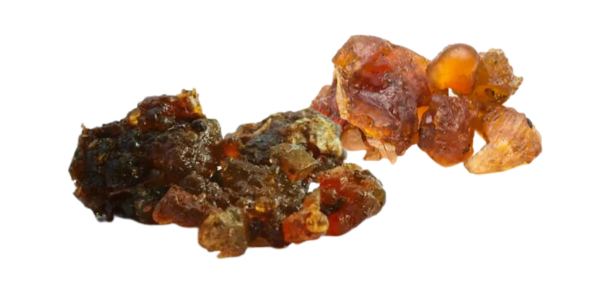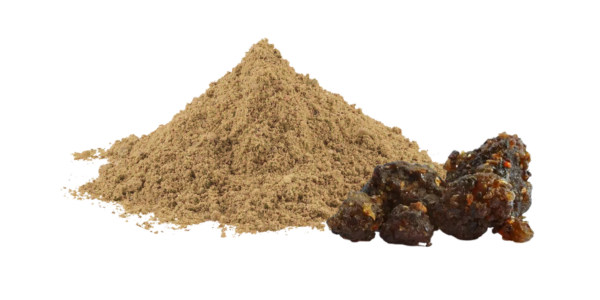Guggul, also known as Commiphora wightii, is a resin obtained from the mukul myrrh tree, native to India. This resin has been a fundamental component in traditional Ayurvedic medicine for centuries, valued for its potential health benefits.
One of the primary traditional uses of guggul is for supporting joint health. It is believed to have anti-inflammatory properties that can help alleviate joint discomfort and promote joint flexibility.
It is also recognized for its potential benefits in maintaining healthy cholesterol levels. It is thought to help support healthy lipid metabolism and aid in balancing cholesterol levels within the normal range.
Additionally, it is valued for its detoxifying properties. It is often used in Ayurvedic cleansing practices to help remove toxins from the body and support overall wellness.
Moreover, it is believed to support thyroid function. It may aid in maintaining a healthy balance of thyroid hormones, contributing to overall metabolic health.
Product Details
| Overview | |
|---|---|
| Product Name | Guggul |
| Scientific Name | Commiphora Wightii |
| Common Name | Indian Bdellium-tree, Gugal |
| Type | Dried |
| Form Factor | Whole |
| Supply Ability | 5000Kg per week |
| Supplier | Arizone International LLP |
| Country of Origin | India |
| Delivery Time | Depend upon your location. |
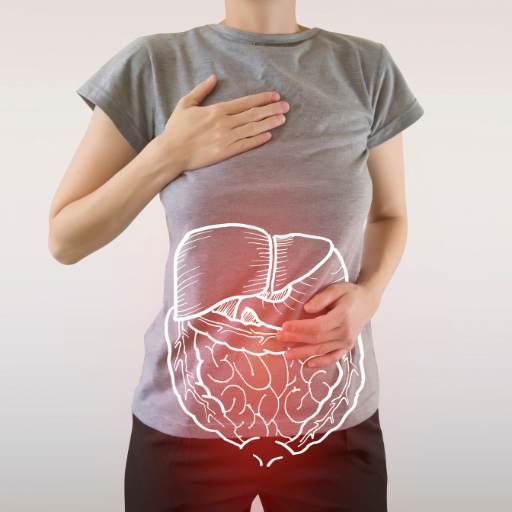
Support Digestion
It is traditionally used to support digestive health, aid in digestion, and reduce gastrointestinal discomfort.

Boost Immune System
Guggul is thought to have immune-boosting properties, supporting the body’s defense against infections.
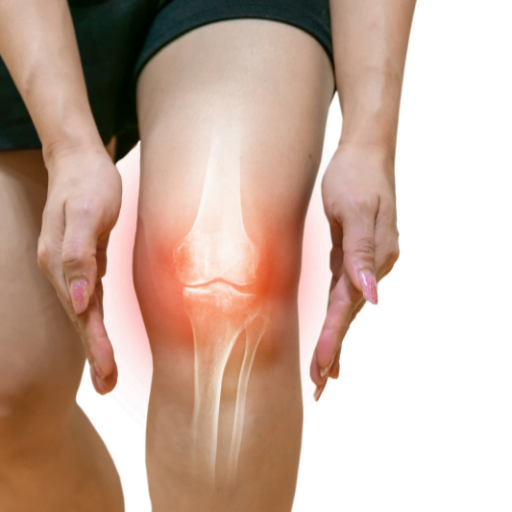
Help Reduce Inflammation
It contains compounds with anti-inflammatory effects, potentially helping to reduce inflammation in the body.
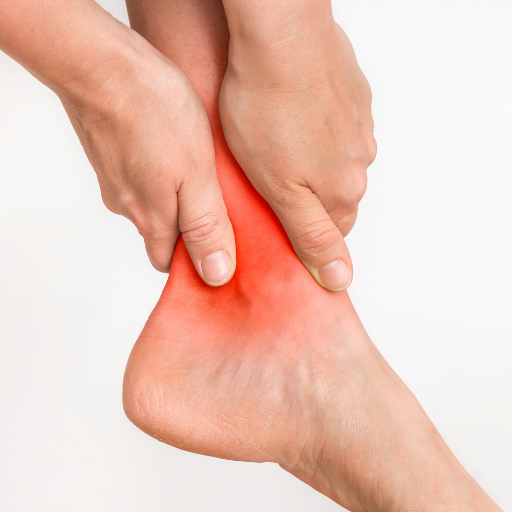
May Reduce Joint Pain
It is used in some traditional practices to support joint health and reduce joint-related discomfort.

Promote Healthy Skin
It is used in skincare for its potential benefits in promoting healthy skin and reducing skin inflammation.

Support Weight Loss
It may aid in weight management by supporting metabolic health and fat metabolism.

